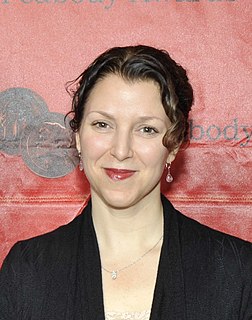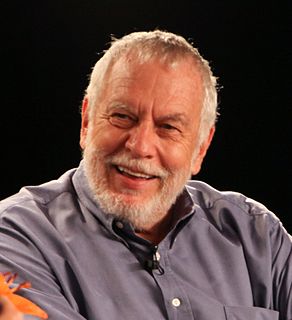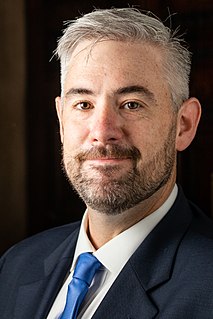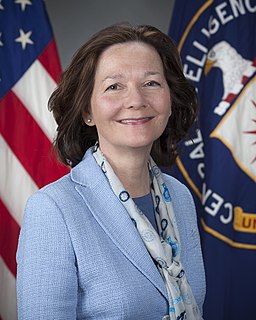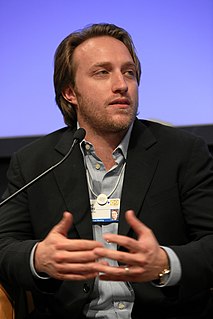A Quote by Christopher Wylie
We have a completely unregulated digital landscape. There is almost no oversight. We are placing blind trust in companies like Facebook to do the honorable and decent thing.
Related Quotes
When the trust is high, you get the trust dividend. Investors invest in brands people trust. Consumers buy more from companies they trust, they spend more with companies they trust, they recommend companies they trust, and they give companies they trust the benefit of the doubt when things go wrong.
As both a career intelligence officer and as an American citizen, I am a strong believer in the importance of oversight. Simply put, experience has taught us that CIA cannot be effective without the people's trust, and we cannot hope to earn that trust without the accountability that comes with Congressional oversight.



